Pot, also known as marijuana, is a byproduct of cannabis which has been around for thousands of years.
Ancient cultures grew the cannabis plant to use for medicinal purposes and sacred ceremonies. The first known record of cannabis is in Asia around 500 B.C.
In America, the first recorded use of cannabis dates to the early colonists who grew hemp (cannabis) for textiles and rope.
It wasn’t until the 20th century that political and racial factors criminalized marijuana and in turn cannabis in the United States.
The War on Drugs
The War on Drugs is a phrase used to refer to a government initiative aimed at stopping illegal drug use, trade, and distribution. The campaign’s premise was by increasing the punishment for selling and using illegal drugs through significantly harsher sentences would deter people from participating in these illegal activities.
In the early 1900s Americans were introduced to the recreational purposes of cannabis by Mexican immigrants who came to the United States during the Mexican Revolution. When the Great Depression hit massive unemployment and social unrest, people directed blame and resentment onto Mexican immigrants which gave politicians an opportunity to push their political agenda by increasing fear in the public and demonizing marijuana because “it came from Mexicans”. As a result, in 1931, 29 states had begun to outlaw cannabis.
In 1937 the Marihuana Tax Act was passed causing a federal law to place a tax on the sale of cannabis, hemp, or marijuana. While this law didn’t technically criminalize cannabis, it did come with a very high fine of $2000 and up to five years in prison. This tax paved the way for cannabis to become illegal in all forms on the federal level.
In 1970 President Nixon signed into law the Controlled Substances Act (CSA) which called for the regulation of certain drugs and substances and created five schedule levels to classify drugs based on their medical application and potential for abuse. Marijuana was put on the strictest level, Schedule 1, meaning it was now viewed as a highly dangerous drug that posed a very high risk for addiction with little evidence of medical benefits.
In 1971 Nixon officially declared a war on drugs and labeled drug abuse as America’s public enemy number one. Since then, the war on drugs has been an epic failure costing the country billions of dollars and destroyed not only millions of people’s lives but decimating entire communities. In 1994 President Nixon’s domestic policy chief, John Ehrlichman, gave an interview in which he stated,
“We knew we couldn’t make it illegal to be either against the war or black, but by getting the public to associate the hippies with marijuana and blacks with heroin, and then criminalizing both heavily, we could disrupt those communities. We could arrest their leaders, raid their homes, break up their meetings, and vilify them night after night on the evening news. Did we know we were lying about the drugs? Of course, we did.”
From 1973-1977 eleven states realized the errors in classifying marijuana as a Schedule 1 drug and voted to decriminalize up to 1 ounce of it at the state level thanks to the efforts of President Carter who ran his political campaign on decriminalizing marijuana. This movement lost traction after President Reagan took office.
In the 1980s President Reagan reinforced and expanded upon the War on Drugs policies and by 1984 he and his wife launched their infamous Just Say No campaign which was intended to highlight the dangers of drug use but ended up spreading false information and vilifying people addicted to drugs. This program led to a massive increase in prison sentences for nonviolent drug crimes.
In 1986 Congress passed the Anti-Drug Abuse Act which created mandatory minimum sentences for certain drug offenses. Over time this law has been found to have heavy racist ramifications with the data showing that people of color were targeted and arrested at much higher rates than white people.
10 People Who Are Currently Serving Life Sentences as Non-Violent Offenders
According to NORML, there is an estimated 100,000 people incarcerated for pot-only offenses.
That may seem like a small number compared to the roughly 2.4 million people behind bars in America but a life sentence for a non-violent crime is a great injustice. It not only means waiting out the rest of your days in prison but watching people who acted out violent crimes like murder, rape, and even genocide have the possibility of parole before the end of your sentence even comes close to being up.
Twenty-four states in America have some sort of three strikes or habitual offender law that carries mandatory sentences ranging from 25yrs to life.
“Unless a law is created that specifically looks back in time, a person is stuck with whatever sentence they were given based on the laws that existed at that time,” explains Chris Lindsey, a legislative analyst at the Marijuana Policy Project.
Let’s get to know a few people currently serving a life sentence as a non-violent offender.
Tameka Drummer

Tameka is a 46-year-old mother of 4 in Mississippi who in 2008 was sentenced to life in prison after a traffic stop for an expired tag. The traffic stop led to a search of Tameka’s car where the officers found 2 ounces of marijuana. When convicted, she received a life sentence under the habitual offender law. Tameka is currently 1 of about 80 people serving life sentences without parole as a habitual offender of non-violent offenses in the state of Mississippi. If you would like to learn more about Tameka and sign her petition, click here.
Rafael Hernandez-Carillo
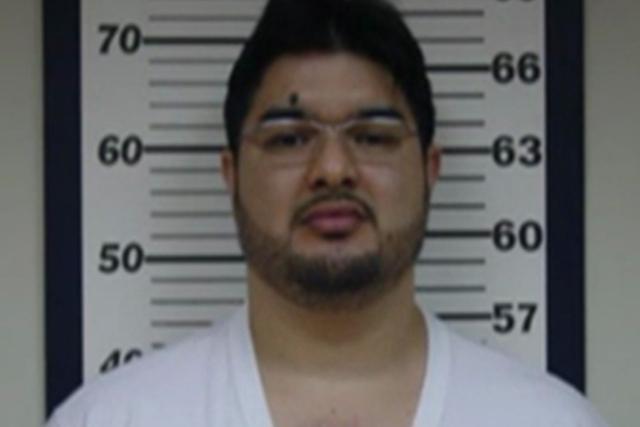
Rafael is a 41-year-old husband and father who was believed to be running a marijuana trafficking network that earned more than $10 million in a year. This network trafficked more than 20 tons in 3 years. After a search of his residence officers found $500,000 in jewelry and $230,811 in cash. In 2009 he was convicted on charges of conspiracy to distribute over 1,000 kilograms of marijuana and running a criminal enterprise and drug trafficking network.
Cornell Hood II

Cornell is a 45-year-old father in Louisiana who upon moving to a new area, was assigned a new parole officer. During a routine visit, the parole officer found around 2 pounds of marijuana in his home. Following procedure, the parole officer reported it to the police who then had to arrest Cornell. In 2011, he was charged and convicted of one count of possession with intent to distribute and was sentenced to life in prison using the habitual offender law.
Ismael Lira
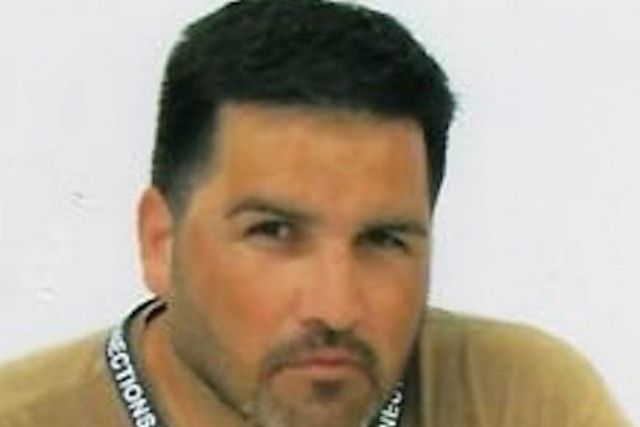
Ismael is a 43-year-old man who was detained at a checkpoint near the Mexican border when someone else who was found to have 6.7 pounds of marijuana on them stated that Ismael gave them the cannabis. Ismael was then charged with conspiracy to transport and distribute marijuana and instead of pleading guilty to the charges he exercised his 6th Amendment right to trial. At the trial, prosecutors connected him to another 4oo pounds of cannabis that were found stashed away on someone else’s property and portrayed Ismael as a drug kingpin. Even though the witness stated under oath that he did not know Ismael, he was convicted in 2006 and is now serving a life sentence. If he had pleaded guilty, he would have been set free 10 years ago. If you would like to learn more about Ismael and sign his petition, click here.
Albert Madrid
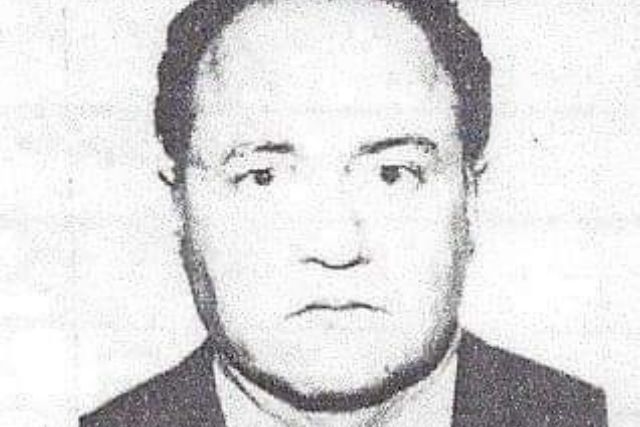
Albert is a 68-year-old man who was busted along with two other people as part of a reverse-sting operation for trafficking marijuana and hashish between 1984 -1993. He was sentenced to life without the possibility of parole as a non-violent offender.
Hector McGurk

Hector is a 62-year-old man who was arrested for importing marijuana. The first trial held in 2004 was a mistrial after jurors couldn’t reach a unanimous verdict. In 2005 he was retried and described by prosecutors as a drug kingpin who transported thousands of pounds of marijuana around the southeast side of America. He was then convicted of conspiracy to possess and distribute marijuana and conspiracy to money-launder. Hector was a non-violent first-time offender and since conspiracy charges do not require physical evidence to convict, he was found guilty and sentenced to life in prison.
Pedro Moreno
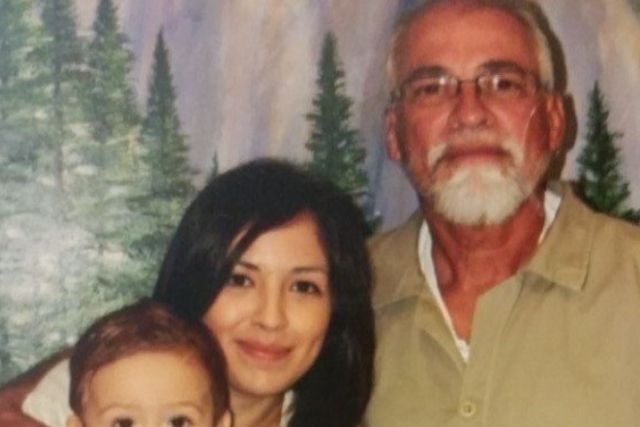
Pedro is a 61-year-old man who was a first-time offender in 1996 and was convicted alongside his four brothers of conspiracy with intent to distribute 1000 kilograms of marijuana and money laundering. They were all sentenced to life in prison. In 2016 all 4 of his brothers received clemency but Pedro did not. If you would like to learn more about Pedro and sign his petition, click here.
Terrance Mosley

Terrance is a 43-year-old man who in 2008 was a passenger in a parked car when it was approached by a police officer. After a search was performed, the officer found two bags of marijuana in the car that contained a total of about 2 pounds. Terrance denied knowing anything about it and adamantly insisted it did not belong to him. He was charged with possession of marijuana with intent to distribute and since he was a habitual offender he was sentenced to life in prison. The driver of the car pleaded guilty and received probation without serving any time.
Allen Russell
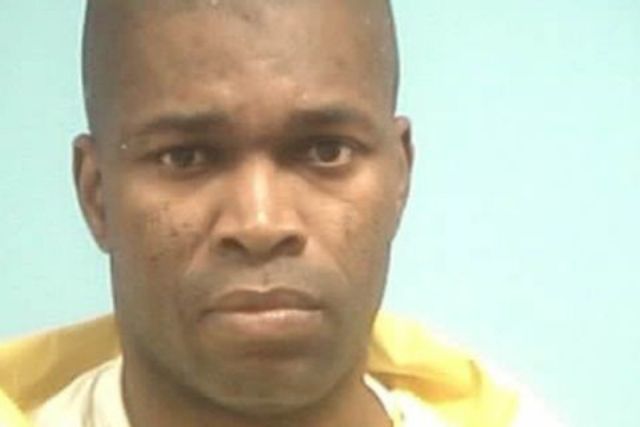
Allen was arrested in 2017 for possession of five bags of marijuana. In 2019 he was found guilty of possession of more than 30 grams and was sentenced to life in prison due to being a habitual offender. In Mississippi, it is illegal to possess over 30 grams. The punishment for that conviction on its own is usually up to three years in prison and a $3,000 fine. Allen made an appeal in 2021 but was denied. A Mississippi Court of Appeals judge who did not agree with the appeal decision is quoted to say,
“The purpose of the criminal justice system is to punish those who break the law, deter them from making similar mistakes, and give them the opportunity to become productive members of society. The fact that judges are not routinely given the ability to exercise discretion in sentencing all habitual offenders is completely at odds with this goal. Situations like the one currently before us are a prime example of why many people have called for criminal justice reform with regard to sentencing” Latrice Westbrooks.
If you would like to learn more about Allen and sign his petition, click here.
Michael C. Woods
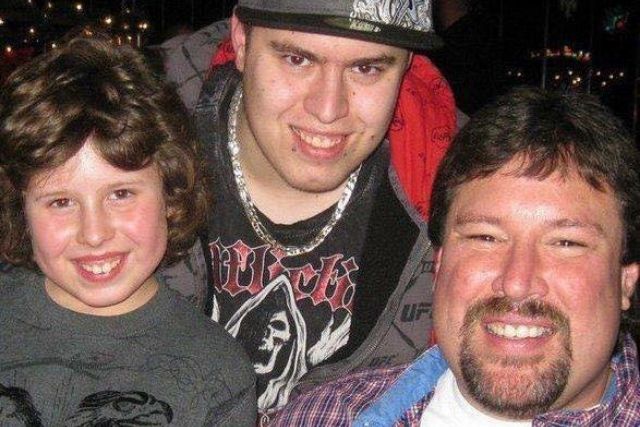
Michael is a 49-year-old Canadian man who was found to be the head of a multimillion-dollar drug-trafficking operation that smuggled approximately 10,000 kilograms of marijuana into the United States. He was sentenced to life in prison. During the course of the investigation, approximately 400 kilograms of marijuana and over $2 million in drug proceeds were seized from various members of the Woods organization.
Cannabis Reform
Every 25 seconds, someone in America is arrested for drug possession and the number of Americans arrested for this charge has tripled since 1980 making it 1.3 million arrests per year in 2015.
One-fifth of the people in prison, which is about 456,000, are serving time for a drug charge
American Policymakers are slowly dismantling and rolling back the drug laws created during the War on Drugs and Just Say No campaign. Since 2009 40 states have taken steps to soften their drug laws, lower their penalties and shorten the mandatory minimum sentencing.
In 2010 Congress passed the Fair Sentencing Act (FSA) which was supposed to lessen the instances of overly harsh and unfair sentencing.
Today, marijuana is still classified as a Schedule 1 drug. However, on July 12, 2021, a draft bill was introduced called The Cannabis Administration and Opportunity Act that aims to federally reschedule cannabis, expunge prior convictions, allow people to petition for resentencing, and maintain the authority of states to set their own marijuana policies.
Since 1971, the war on drugs has cost the US over $1 trillion. In 2015 alone, the federal government spent an estimated $9.2 million every day to incarcerate people with drug-related offenses making that more than $3.3 billion annually.
If marijuana is legalized it would save around $7.7 billion per year in averted enforcement costs and would create an additional $6 billion in tax revenue.
“We have been engaged in [the war on drugs] for decades now with a huge cost and the destruction of a whole lot of lives of people who were never involved in any violent activities.”
~ Sen. Bernie Sanders





No Comments